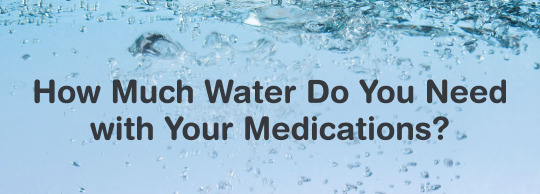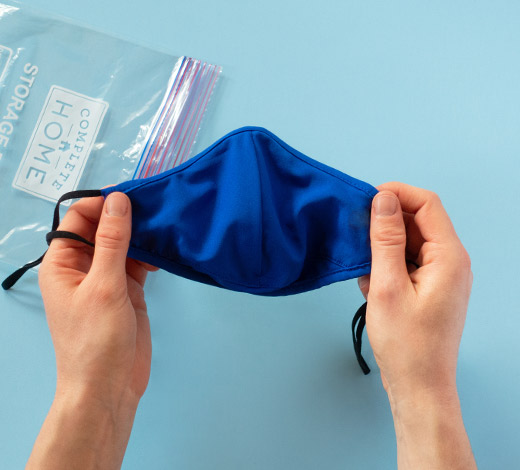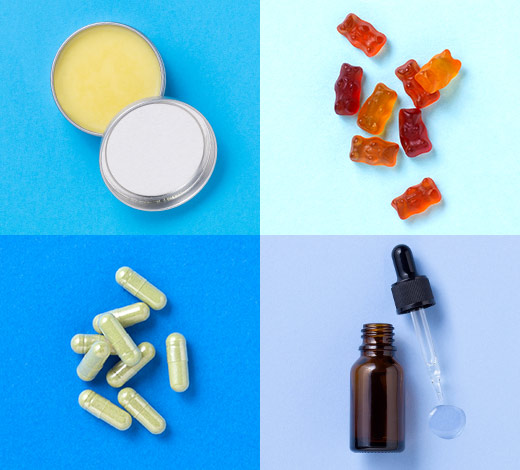
When you need the medicine to go down, don’t reach for a spoonful of sugar. Instead, make sure you have plenty of water on hand.
Why is it important to stay hydrated while on a medication?
Taking many medicines with water is a must. This is true even if you’re physically capable of swallowing pills without liquids. Water helps push your medicine down from your mouth to your stomach and small intestine more quickly, where most meds need to be absorbed before they can start working. Without enough water, some medicines may not work as well as they should. Or you may even have unpleasant side effects.
For example, swallowing medicine with water may help prevent medication-induced esophagitis. In this condition, medications may cause swelling or inflammation that harms your esophagus (the tube that connects your throat to your stomach). This can lead to pain and heartburn, and make swallowing difficult. This issue may be more likely to occur if you don’t take medicine with enough water and can be further aggravated by lying down immediately afterward.
These medications can be more likely to irritate your esophagus:
- Antibiotics
- Potassium supplements
- Nonsteroidal
anti-inflammatory drugs (NSAIDs) such as ibuprofen - Bisphosphonates, such
as alendronate
Taking medications with at least 8 ounces of water while sitting or standing can help prevent this problem. You may also be instructed to not lie down for at least 30 minutes after taking these medications.
Some medications require sufficient water intake to help prevent the formation of kidney stones. These include certain antibiotics, potassium channel blockers and aspirin. Unless your doctor tells you otherwise, you should take these medications with a full glass of water and drink plenty of fluids throughout the day.
How much water do you need?
The exact amount of liquid you need to take with your medication depends on a few factors. These include the details of the medicine you’re taking and any health conditions you have. For instance, how much water you need can vary depending on the form your medication comes in. You may need more water to swallow a large tablet than you would for a small tablet or liquid form.
Read the label of any medicine you take closely. It may indicate how much water you need. If your medicine says to take with water, make sure you drink a full 8 ounces instead of just a sip. If you’re unsure about how much water to drink with your medications, talk to your doctor or pharmacist.
Note that water is usually the best beverage choice to pair with your medications. Other liquids such as juice, coffee, milk, or alcohol may interact with your medicines and affect the way they work by preventing the medication from working effectively or increasing the risk of harmful side effects.
Work closely with your pharmacist, especially when you start a new medication. He or she can help you figure out how much water you need and answer any other questions about your medications. Together, you can create a plan to make sure you’re taking all of your medicines the right way.
Sources:
https://www.uptodate.com/contents/medication-induced-esophagitis#H174813416
https://my.clevelandclinic.org/health/articles/what-you-need-to-know-about-taking-your-medications
https://www.safemedicationuse.ca/newsletter/newsletter_water.html
https://www.fda.gov/downloads/Drugs/…/GeneralUseofMedicine/UCM229033.pdf


